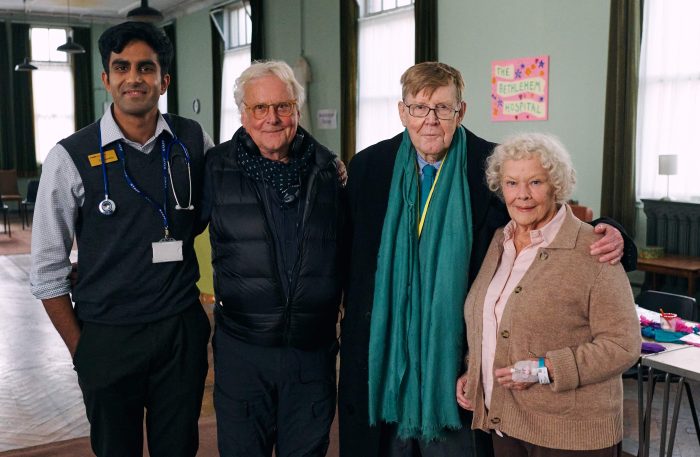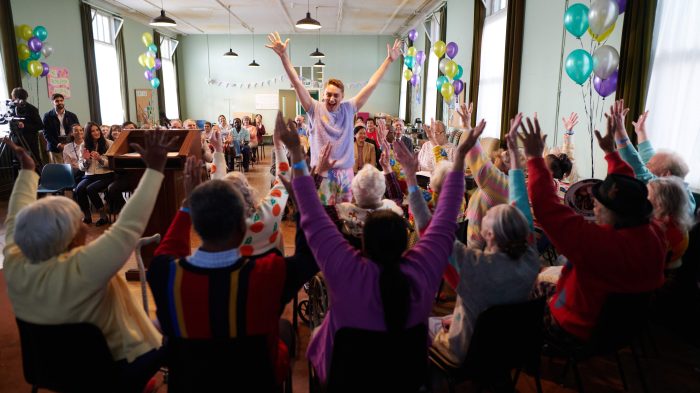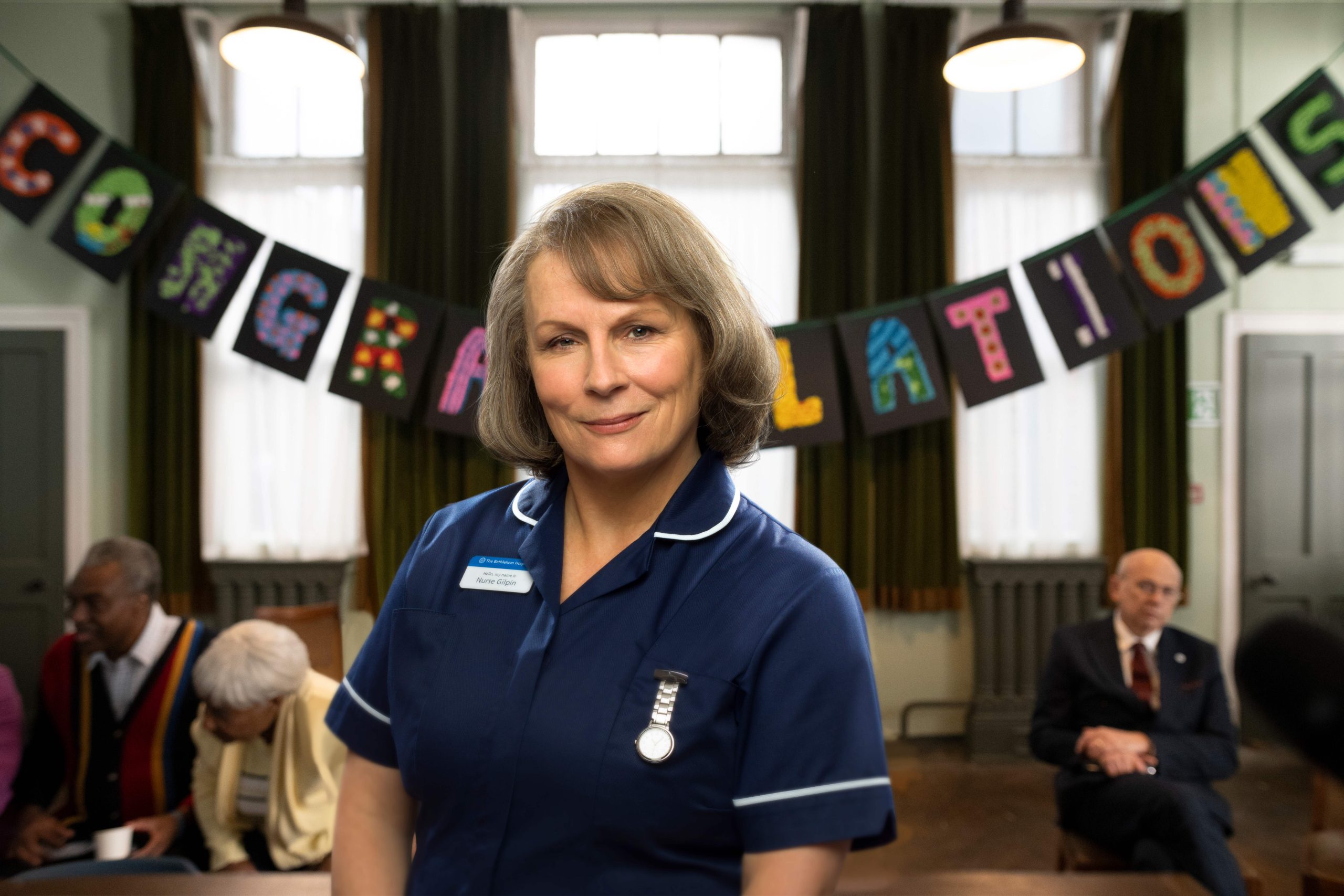Alan Bennett is a playwright whose acclaim precedes him.
Allelujah, based on Bennett’s 2018 play, has now been adapted for screen by Call the Midwife writer Heidi Thomas. The film features an all-star cast including Judi Dench, Jennifer Saunders, David Bradley and Derek Jacobi.
I knew that I wanted to see it as soon as I saw the trailer, but struggled to find places in York that showed it. So, whilst visiting Ripon for a few days, I booked a last-minute ticket to see Allelujah at Curzon. As we took our seats, we noticed that we were situated amongst a sea of grey hair, with an average age of approximately 72. Having seen Bennett’s The Lady in the Van at the cinema back in 2015, this didn’t come as a surprise to me.
Set in the geriatric ward of a small Yorkshire hospital faced with closure known as “The Beth”, Allelujah follows the lives of the ward’s residents and the people who care for them.

Jennifer Saunders plays the no-nonsense Sister Gilpin who shows tough love to the patients, working long hours, and appearing genuinely committed to the hospital and its patients.
Working alongside the ward sister is Dr Valentine (Bally Gill), a hard-working immigrant doctor who is warm, gentle, and “loves old people”.
There are lots of funny one-liners, as well as moments that have you wanting to reach through the screen and give the patients a hug.
Russell Tovey plays the high-flying son of a patient at The Beth (David Bradley), who works in London for the Health Minister. This is an interesting addition to the plot, as Tovey’s character gradually softens as he realises the impact the small hospital has on his father and the other patients.
The film centres around the threat of closure for The Beth, as well as the presentation of Sister Gilpin’s upcoming award for nursing.
Judi Dench plays the role of a former librarian who is given an iPad to film her experience of life at The Beth.

There is a dark twist which turns the film into a thriller, which some negative reviews call out for giving conflicting messages to the film.
Without giving any spoilers, it’s a twist that once you see, you’ll find yourself looking back at and you’ll see coming all along.
In my opinion, the conflicting tones throughout the film don’t ruin the story. It feels realistic in a way that shows how overstretched the NHS is and the challenges that small hospitals have to face.
However, the ending felt somewhat rushed and out of place for me. There is a COVID-19 tie-in and Dr Valentine addresses the audience in a plea against the Conservative government, which feels almost like spelling out a message which is already told more covertly through the story.
Allelujah is the type of film that you can’t stop thinking about for days after leaving the cinema. Its political message is reminiscent of films such as Help (2021), which is set at a care home during the pandemic, with Ken Loach’s distinct socially critical directing style.
It’s not often that I can overlook my qualms with a film and appreciate is as an imperfect representation of a struggling hospital. Its regional representation was a breath of fresh air, and Saunders’ acting is an impressive break away from her previous roles.
Allelujah is in cinemas now.
